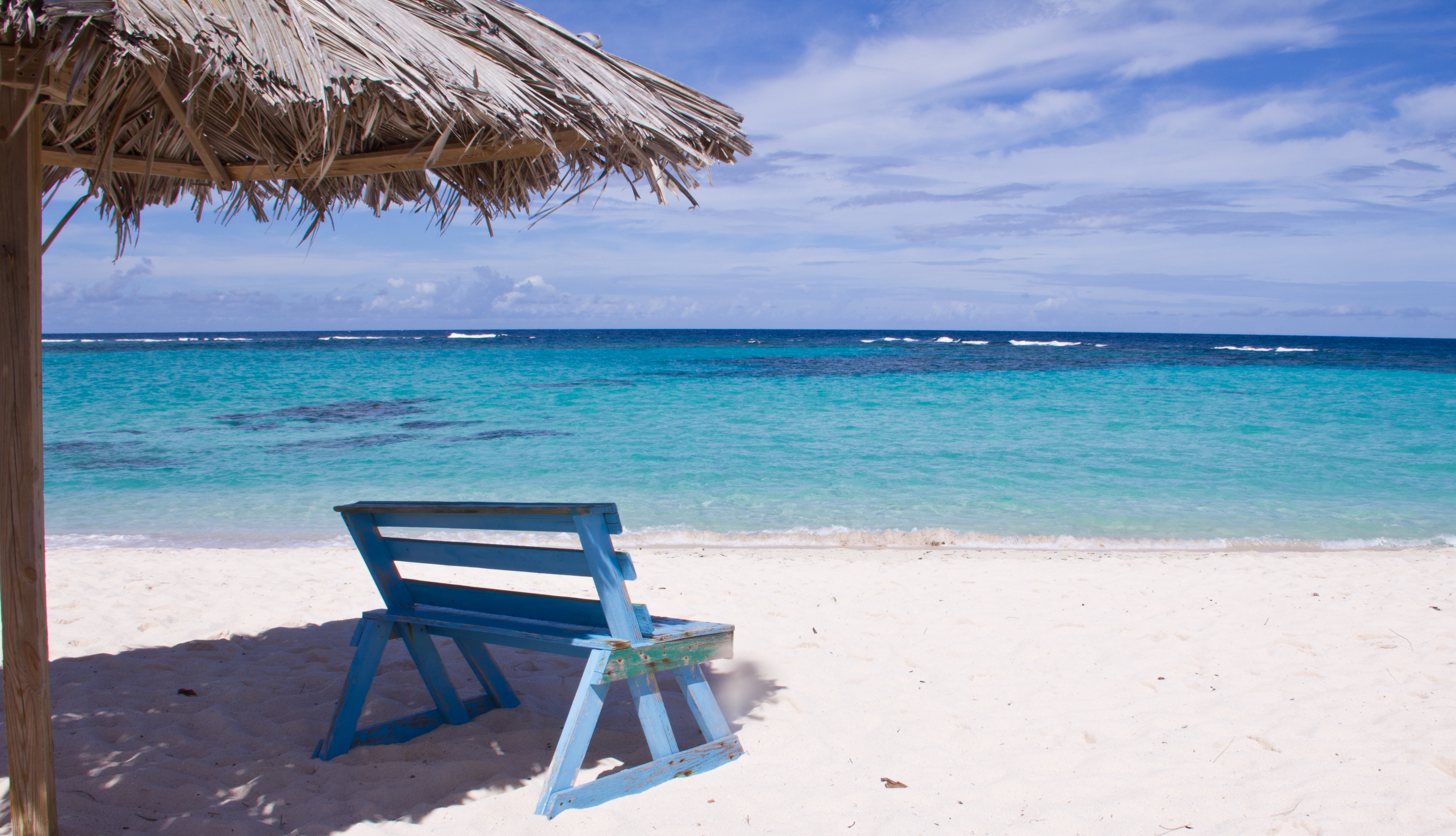The future of Social Security is questionable, and a large majority of peopled do not have benefits such as pension, 401(k) and other retirement plans, yet we are all going to grow old and need to have adequate sources of income to live on.
Add to that the imbalances of who is better prepared for retirement. According to 401 Plans in Living Color ( Ariel/Aon Hewitt Study , 2012) , “Across all income levels, African-Americans and Hispanics have considerably less retirement savings accumulated as compared to Whites and Asian-Americans. For example, for those earning $30,000–$59,000, Blacks have 43% less saved than their White counterparts (Hispanics have 35% less). “And that is the results for people that have a retirement plan, meanwhile many of us are struggling by on an average pay scale with minimal, if any, benefits offered.
So what do you do? Work each day of your life until you stumble into your grave? Accept that homelessness or living in poverty may be in your future if you don’t win the lotto? No. Here are three options to consider that can get you prepared. There are several free retirement calculators online to help guide you, some better than others. Regardless of which one you use, make sure to use some common sense as well, such as not forgetting to figure in the rate of inflation and making sure that if you splurge on anything let it be health coverage. The cost of unexpected illnesses, health conditions and surgeries are high on the list of things that can cause a person to lose all that they have worked for.
Investments
You have the power to invest your own money. Most people don’t have money on hand to invest into stocks, but there are ways to get started. Take on an extra part time job, maybe just for a few short years. Or start your own side hustle, a legit business from home. Save the income from that job and take it to a good stockbroker, and depending on your age, financial status and retirement plans, they can help you decide on the level of risks to take.
Real estate is also a good investment. While a lot of jobs are going overseas, everyone will always need to place to live. If you have the know how, get a cheap fixer upper, put time and energy into it and resell it for a high profit. You can also buy property to maintain and rent out, and if you are prudent in whom you rent to you can count on a decent amount of monthly income from your tenants.
Invest in a joint venture or business with other people. Maybe you have always had a dream to open a bowling alley or nightclub. Get a few practical, dependable and serious heads together and with hard work and dedication it could turn into a reliable source of income for later years.
Downsize
You can’t take it with you, and how much do you really need to live comfortably? A smaller house over a larger one can be just as nice, and actually nicer if paid off! Scaling back to an inexpensive house with smaller and less payments could give you the opportunity to have your home paid off by the time you are 50 or 60, which will cut down your monthly expenses tremendously. Pay off credit card debt and school loans well before you hit the age you want to retire. US News (Brandon, 2014) shared that, “Americans are increasingly entering their retirement years with student loan debt. Outstanding federal student loan balances for people 65 and older have ballooned from about $2.8 billion in 2005 to $18.2 billion in 2013, according to a GAO analysis of Survey of Consumer Finances data.”
The ideal retirement expenses should be your health, home and car insurances and then the small month to month expenses, such as gas and electricity. Beyond that you should control how much you want to have to spend, such as do you really want to travel Europe at 70 or maybe try and do that now and at 70 take small (and inexpensive) road trips to see your grand babies.
Move Abroad
It is true, you can retire with minimal income, move to another country and live like a king. The cost of living is extremely lower in many beautiful destinations. Thailand, India, Indonesia, Columbia, New Zealand, Mexico and Guatemala are all good examples. In many of these places you can live comfortably on less than $1,000 US dollars a month. However, plan wisely, study things such as crime rates of the area you are looking into, US tax laws, level of medical care available and the culture. There have been some concerns over US retirees taking advantage of the cheap labor and servants available in such places and robbing the culture so to speak, but it can also be about what you bring to the table. There are equal stories of becoming a positive force in the community by putting money and time into the area you choose.


